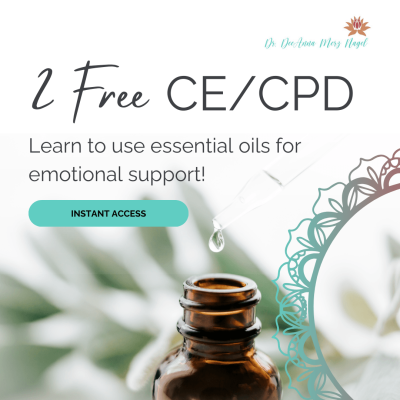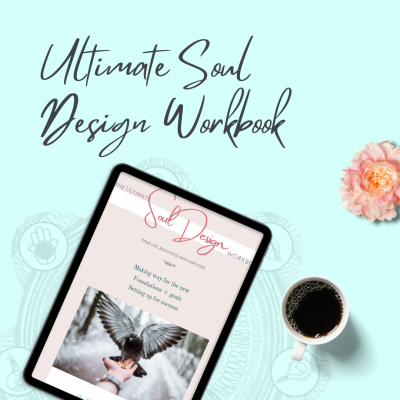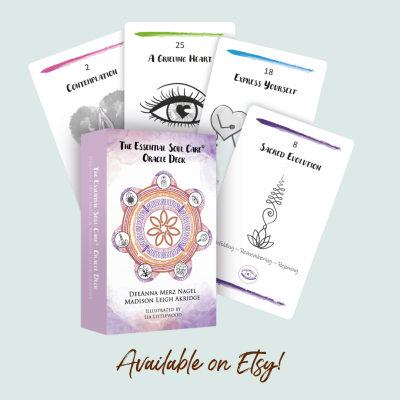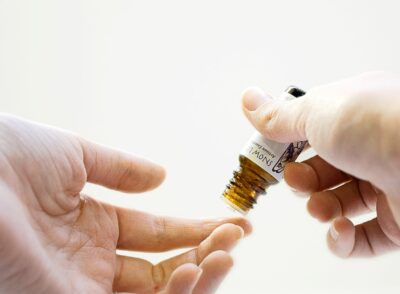
I am a Certified Aromatherapist but I don’t “need” the certification. After all, the field of aromatherapy is not regulated. But it was something I set out to do when essential oils became a big part of my life. Mainly I wanted to learn. But mostly, because I am a coach and counselor educator, I needed to understand, at a deep level, various scopes of practice. Essential oils are big business in the wellness industry and they are becoming mainstream. Part of my teachings are about how to integrate aromatherapy into mental health and wellness practice with clients in a way that is ethical and within a practitioner’s remit as a certified or licensed professional.
Young Living Essential Oils
Honestly, after several years of total immersion as a Young Living Essential Oils brand partner, using, sharing, reading and learning, I was gaining the knowledge I set out to acquire in the first place. Young Living’s website, blogs, along with books and other resources offers a wealth of information that should fulfill anyone’s desire to learn about essential oils- and there are so many other wonderful resources on the topics of essential oils and aromatherapy.
National Association of Holistic Aromatherapy
I decided that for me, while not practicing psychotherapy yet still holding a valid mental health license, holding a valid aromatherapy credential gives me confidence in establishing a wellness and business relationship with others. Remember, I teach and consult with wellness and mental health practitioners who want to know how to be of service without compromising their legal and ethical responsibilities. I also want to demonstrate that I respect this gift from the earth. Essential oils are powerful and potent and I take this approach to wellness, purpose and abundance seriously. It’s no joke. I decided to become certified by taking a Level I course approved by National Association for Holistic Aromatherapy (NAHA) and later, I completed Level 2.
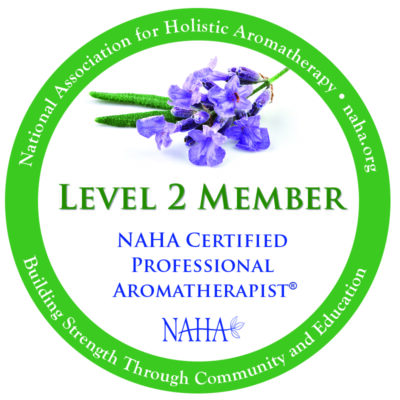 I don’t intend to practice clinical aromatherapy so Level 2 training is sufficient for me. I want to support people in their own development of wellness goals and foster self-reliance around the use of essential oils and other holistic approaches to health. Yet I respect the immense differences in approaches to essential oils so I wanted to learn and be able to teach others in ways that both support an informed approach to safety and application concerns and embraces Young Living’s approach to essential oil use.
I don’t intend to practice clinical aromatherapy so Level 2 training is sufficient for me. I want to support people in their own development of wellness goals and foster self-reliance around the use of essential oils and other holistic approaches to health. Yet I respect the immense differences in approaches to essential oils so I wanted to learn and be able to teach others in ways that both support an informed approach to safety and application concerns and embraces Young Living’s approach to essential oil use.
Aromatherapy Registration Council
If I do pursue additional aromatherapy education, I do not intend to ever become a Registered Aromatherapist because the Aromatherapy Registration Council does not endorse internal use of essential oils unless clinically or medically prescribed, and I have moved way beyond a diagnositc and prescriptive approach in my work. I prefer to support and educate folks so that they can make an informed decision about how to use essential oils in their own life and work.
Among other restrictions, ARC also prohibits the use of or the teaching of the Raindrop Technique and similar approaches that utilize the neat application of essential oils. This runs counter to Gary Young’s teachings and philosophy. “Prohibit” is strong use of language within the field of aromatherapy- a field that is not regulated and holds so many varying theoretical and practical orientations to using essential oils.
At the end of the day, I encourage people to be knowledgeable about anything we put in or on our bodies- from food to shampoo. If you use Young Living Essential Oils, the first place to go for information is the label. Second place? The website.



